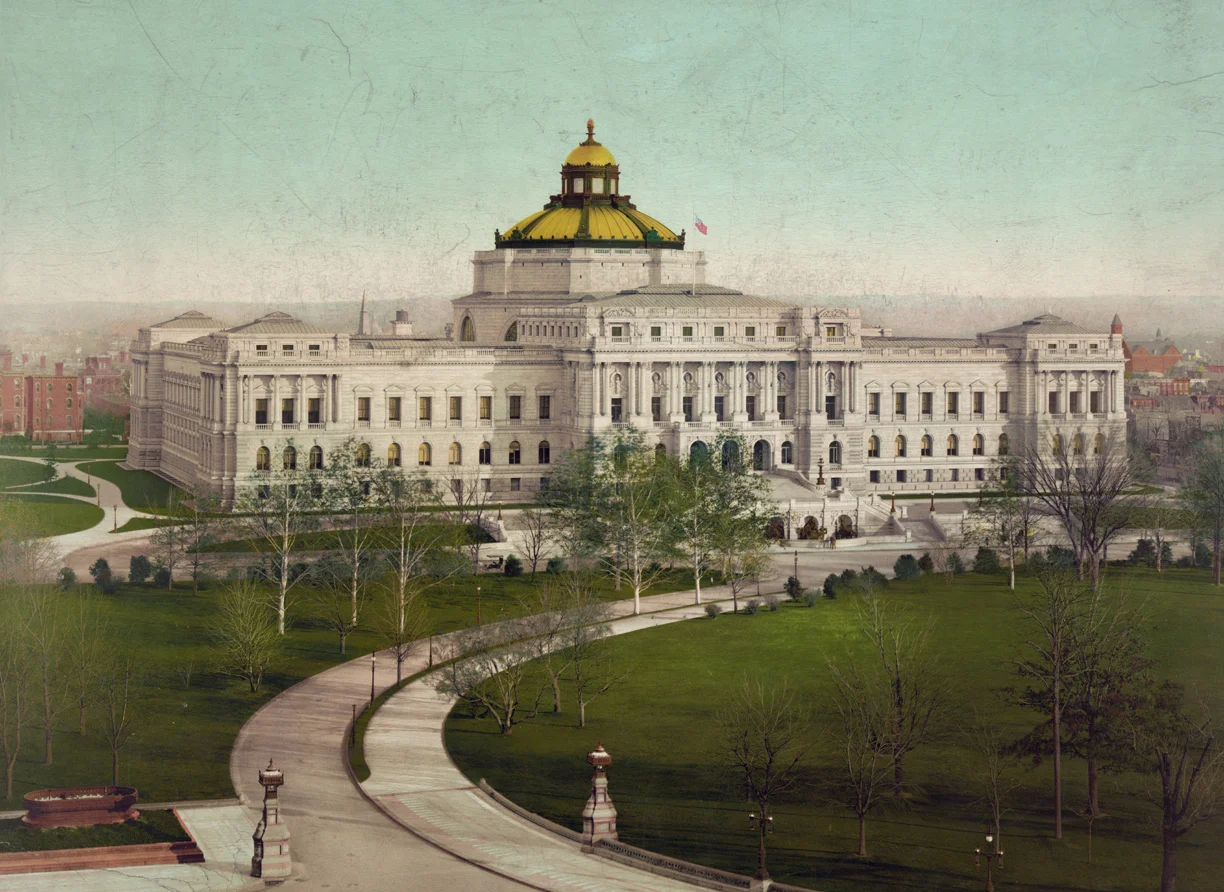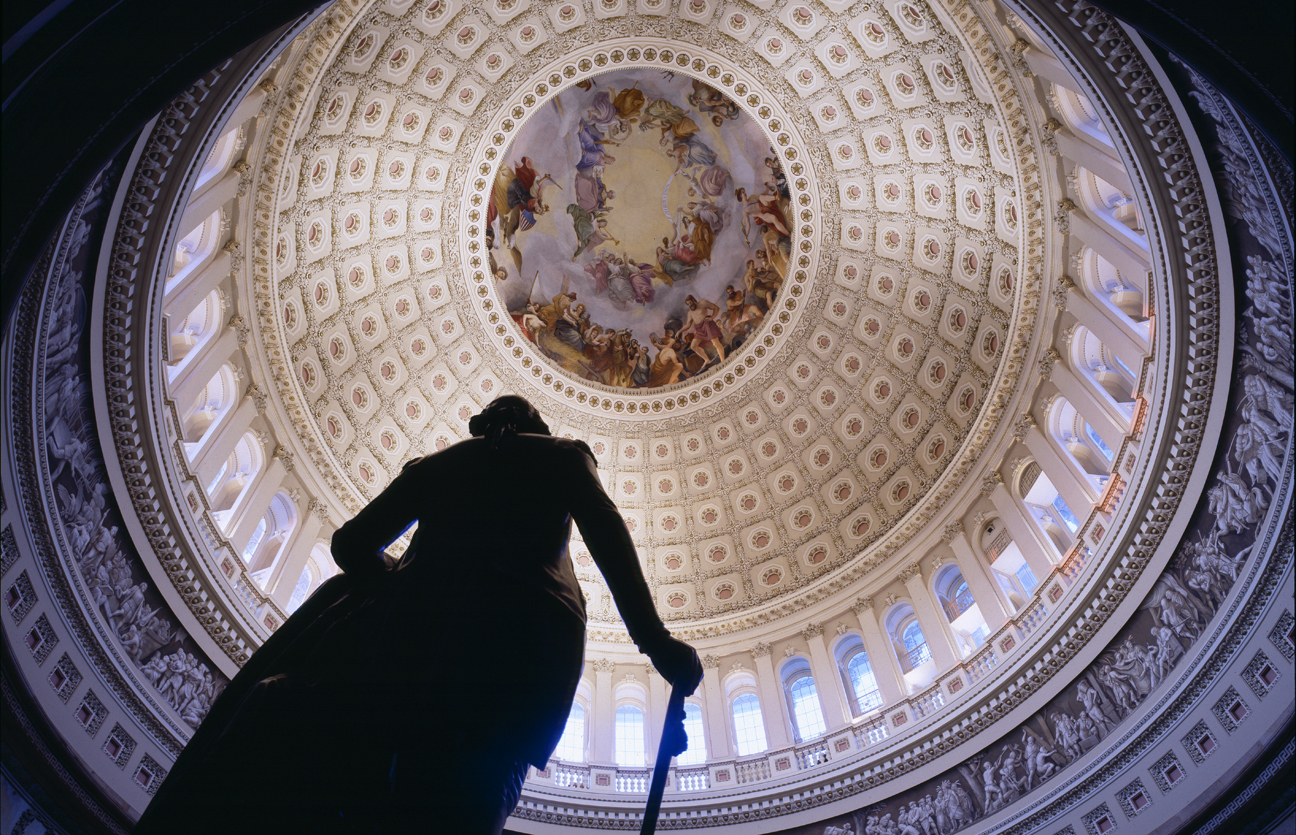









STRATEGIC. Creative. Leadership.
STRATEGIC. Creative. Leadership.
I've been delivering memorable and meaningful
experiences for nearly tHree decades.

SAY- THE VIDEO CHAT APP
SAY- THE VIDEO CHAT APP
Creative and product vision
Product owner
Brand owner
Market research
Marketing strategy
Staff supervision
Operations
App marketing
App store optimization
Let’s face it, social media leaves you feeling…empty. When we reduce people to profiles, we lose what makes them human. To change this, I built a team and we made SAY, an app where you can video chat with real people who share your passions. SAY is built around asynchronous video interactions for groups of like-minded people. Group owners can curate the conversation and participants can feel safe as they build their own unique communities together.

Australia- Inside the Book of Mormon
Australia- Inside the Book of Mormon
Creative direction
Campaign development
Brand steward
Photography
User experience design
Contractor management
Visual design
Physical installation design
When the acclaimed “Book of Mormon” musical opened in Melbourne, Australia, The Church of Jesus Christ of Latter-Day Saints made their presence known by hiring BONCOM to create a campaign that would capitalize on the buzz of the show. My team developed a campaign that placed advertising in some of the busiest city locations, pushing slogans like "you've seen the show, now read the book". We also created prime-time TV advertising spots, utilizing well-known Australian church members discussing what the Book of Mormon means to them. The campaign was successful at both dispelling myths about the Church as well as creating interest in the faith.

Polynesian Cultural Center
Polynesian Cultural Center
Creative Direction
Brand positioning
Strategic messaging
Market analysis
Campaign development
Photography
User experience design
Visual design
In the increasingly crowded Hawaiian tourism market, the Polynesian Cultural Center (PCC) was looking for ways to stand out and increase direct ticket sales. They approached BONCOM for both strategic and creative direction. My team worked with BONCOM’s strategy team to develop a new brand position for the PCC that informed marketing campaign refinements, new campaigns, and an entirely new website experience.

The Library of Congress
The Library of Congress
The Library of Congress is the nation's oldest federal cultural institution and serves as the research arm of Congress. It is also the largest library in the world, with millions of books, recordings, photographs, maps and manuscripts in its collections.
From 2009 to 2014 I led people and worked tirelessly to transform the Library for the future through the creation of modern and compelling web, mobile, and social media experiences.
Creative Vision
Brand steward
Institutional UX Lead
Staff supervision
Strategy development
Policy development
Contractor management
User research
Usability testing
Information architecture
Visual design

Congress.gov
Congress.gov
THOMAS.gov, named for Jefferson, was launched by the Library of Congress in 1995 at the request of the Congress to provide public access to legislative information. It is the definitive, authoritative source for the activities of the Congress of the United States. The site has averaged over 10 million visits each year but it's stale user experience and outdated infrastructure didn’t provide the capabilities that today’s internet users have come to expect, including access on mobile devices.
With a new brand, that I developed, Congress.gov replaced Thomas.gov. Congress.gov provides a modern, more user-friendly experience that makes finding and using legislative information intuitive, comprehensive and accessible.
Brand Development
Creative Vision
UX leadership
Web strategy
Mobile design
User research
Information architecture
Visual design

Library of Congress Visitor Experience
Library of Congress Visitor Experience
The Library of Congress wanted to increase public awareness of its extraordinary resources, become a premier tourist destination in the DC area, and provide relevant, authentic and engaging learning experiences for students, teachers and lifelong learners around the world.
This required integrating cutting edge technology with world-class content, in a historic building, with coordinated contributions from 17 divisions of the Library. Combine those challenges with a fixed time and budget and Library staff were overwhelmed. Who did they get to help lead and guide the effort to award-winning success? Me.
- Client management
- Business case development
- IT consulting
- Program management
- New brand roll out
- Fund raising
- Marketing and outreach
- Photography
- Visual design

TSA
TSA
The Transportation Security Administration (TSA) wanted to become better aligned with the public’s need for information to make travel safer and airport checkpoints less stressful. They believed (and we agreed) that their website was a good place to start meeting travelers' needs.
- Creative Vision
- UX leadership
- Heuristic site assessment
- Web strategy
- Strategic messaging guidelines
- User research
- Information architecture






































